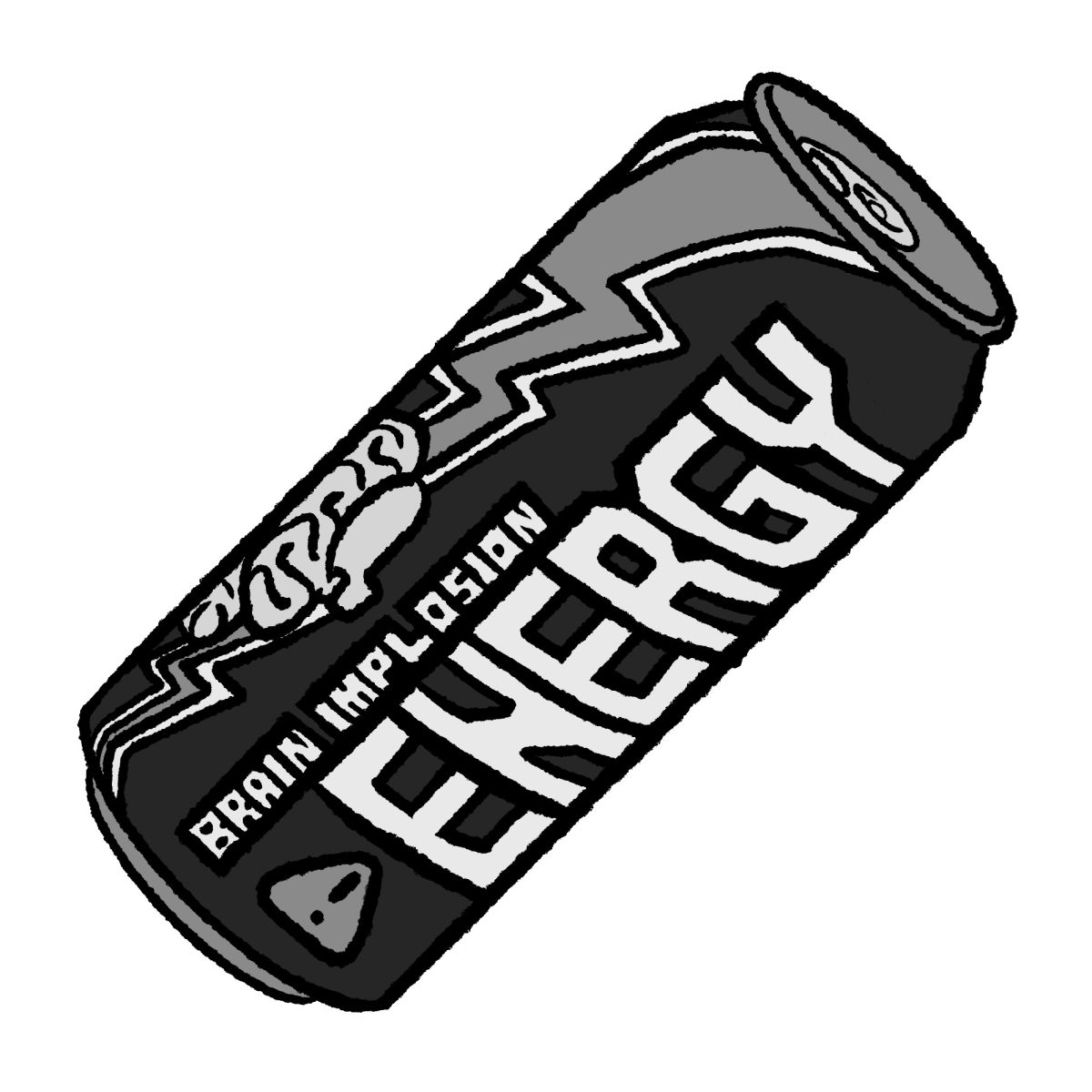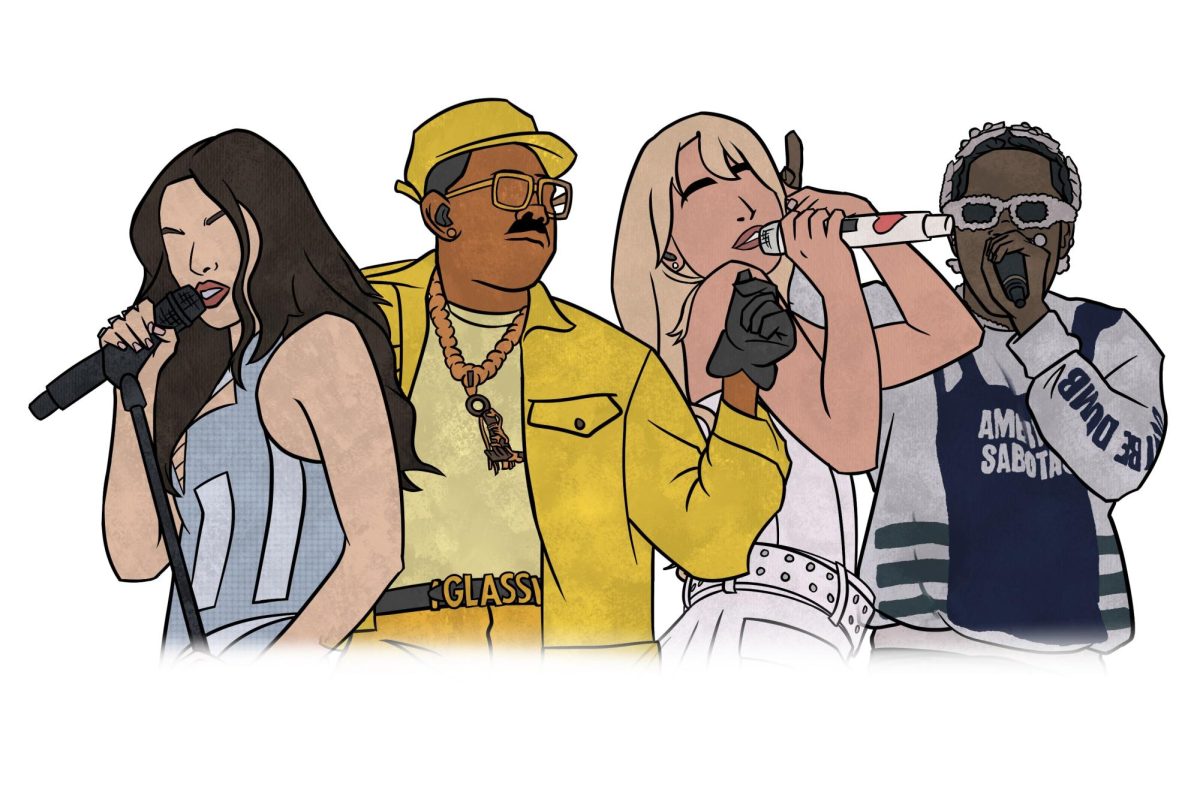Review: Joker
October 21, 2019
DC’s new film Joker is a fascinating character study of the deranged, tortured Arthur Fleck turned psychopathic killer Joker. The film’s darkly raw themes and storytelling come together in an incredible way to produce an unnerving, thrilling final product.
Instead of contributing to a cinematic universe, Joker is an isolated movie in DC’s roster that is, above all, a movie about the mentality and development of the Joker, or Arthur Fleck.
Arthur Fleck has a condition that sends him into fits of uncontrollable laughter. As a result of his condition, Fleck keeps getting beaten down by life and is slowly going over the edge. The audience is able to see first hand as his stability slowly fades over the course of the movie.
This type of slow and subtle transformation would not be possible without the impeccable acting of Joaquin Phoenix, who portrays Arthur Fleck. His voice and expressions portray believable and specific emotions, and he makes it easy to forget you’re even watching a movie.
Standouts among his scenes are the aforementioned laughing fits, where he has no control over his laughter and it often conflicts with his actual emotion. Even while laughing hysterically, Phoenix manages to make it crystal clear which emotion his character is actually feeling. At times, it looks as though the laughter is physically hurting him.
This, combined with the director Todd Phillips’ unquestionable ability to convey emotion through varied camera angles, striking musical choices, and general feel of each individual scene, makes this movie entrancing and engaging all the way through.
The main criticism of the movie is that it portrays the Joker as too sympathetic a character and might encourage people to act similarly. These worries have proved unfounded, as there have been none of the predicted movie theater shootings, and certainly no violent riots like those found in the movie.
There is a reason for this. While the movie did a phenomenal job of portraying mental illness and a descent into insanity, and while Arthur Fleck is certainly shown as a protagonist, the movie in no way romanticizes mental illness. In many ways, the fall of Fleck and the rise of the Joker is painted as a tragedy, despite and perhaps because of the conflicting nature of Flecks’ increasingly more radical behavior.
All this is an effort to make Arthur Fleck as not only a realistic portrayal of crippling mental illness, but also as a realistic human being instead of, for lack of a better term, a comic book villain.
Joker is the first movie in a long time to balance so many conflicting themes together so masterfully. It delivers an engaging experience throughout the entire movie and gives the viewers plenty to think about long after the credits roll.


























